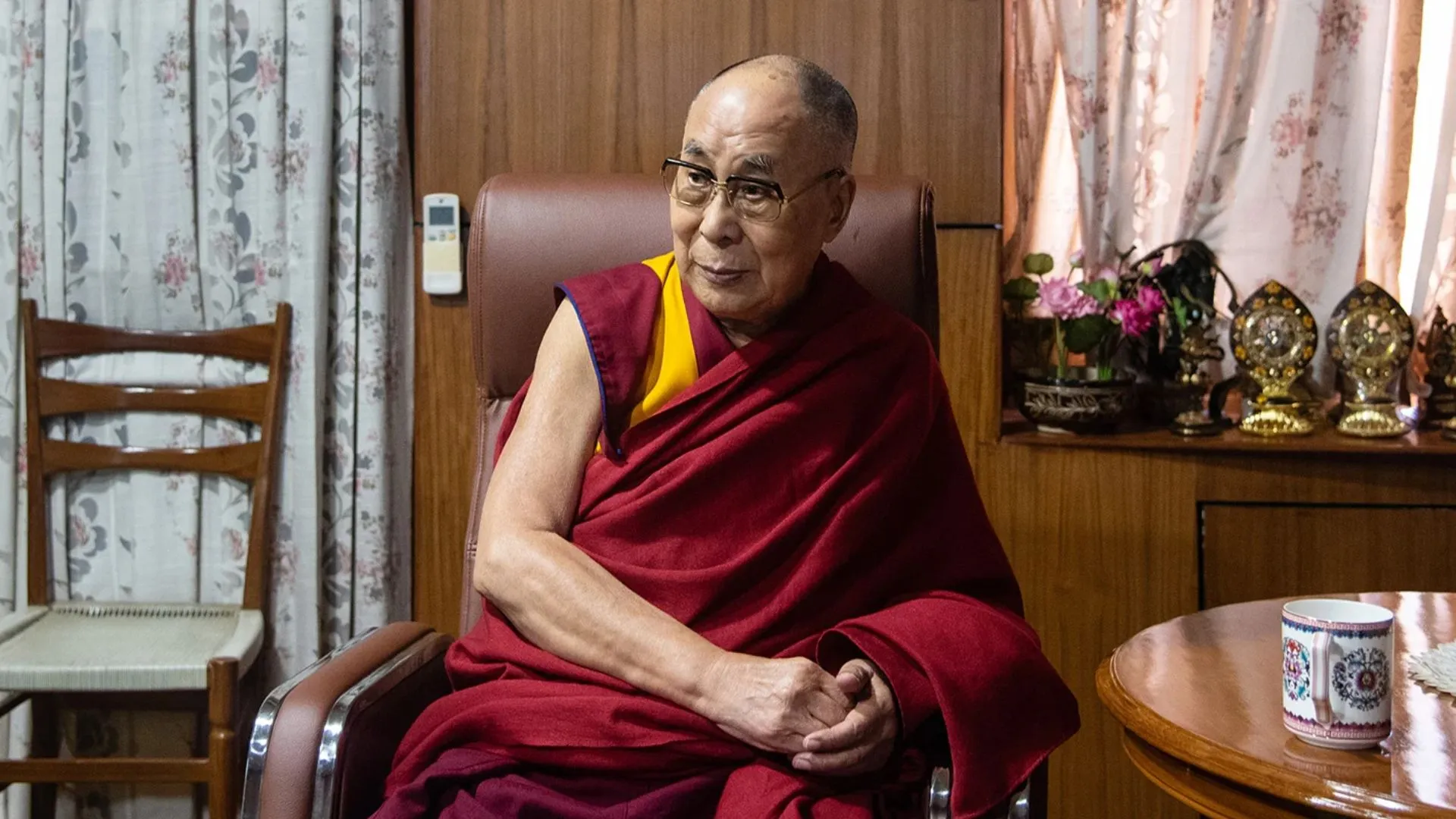The question of who will replace the Dalai Lama, the spiritual leader of the Tibetan Buddhists, is not only of interest to his people but also to the world powers such as China, India, and the United States, each for their own strategic interests. When the Nobel Peace Prize winner celebrates his 90th birthday this Sunday, he continues to be one of the world’s most influential leaders, with fans well beyond Buddhist communities.
How was the Present Dalai Lama Selected?
In Tibetan tradition, the soul of an old Buddhist monk gets reborn into a new body upon death. The incumbent Dalai Lama, born Lhamo Dhondup on July 6, 1935, to a family of farmers in northern Tibet, was identified at the age of two as the reincarnation of the 13th Dalai Lama.
His identification was made from a convergence of indications, such as a vision by a senior monk, as summarized on the Dalai Lama’s official website. The search party dispatched by the Tibetan government was assured after the young boy pointed to the objects that had previously belonged to his predecessor and exclaimed, “It’s mine, it’s mine.”
In the winter of 1940, Lhamo Thondup was escorted to the Potala Palace in Lhasa and officially enthroned as the spiritual leader of the Tibetan people.
How Could his Successor be Chosen?
In his “Voice for the Voiceless” book, issued in March 2025, the Dalai Lama had stated that the next incarnation would be born outside China. Exiled in northern India since he escaped Tibet in 1959 after an aborted revolt against Mao Zedong’s regime, he also said he would give more details about the succession process on his 90th birthday.
The Tibetan parliament-in-exile, based like the Dalai Lama in Dharamshala, India, has established a framework to ensure the continuity of the exiled administration. According to this system, officers from the Gaden Phodrang Foundation will be responsible for identifying and recognizing his successor.
Established by the incumbent Dalai Lama in 2015, the foundation is dedicated to ‘upholding and maintaining the institution and tradition of the Dalai Lama’ with respect to his religious duties, according to its website. It has several of his close advisors as its leaders.
What is China’s Attitude?
claims it has the right to authorize the Dalai Lama’s successor, citing it as an inheritance from imperial times. This comprises a ritual that was first initiated in 1793 by the Qing dynasty when the names of possible reincarnations are randomly selected from a golden urn.
Chinese authorities maintain that the process of reincarnation must be upheld according to national legislation, using the urn and ensuring that the reincarnated lama is born within China’s territory.
But Tibetans see Beijing’s action as a strategy for increasing dominance over their society. As the Dalai Lama has noted, it is not suitable for Chinese Communists who oppose religion ‘to interfere with the reincarnation system of lamas, not to say that of the Dalai Lama’.
In his book, he called on Tibetans to turn down ‘a candidate selected for political motives by anyone, including those of the People’s Republic of China’.
China labels the Dalai Lama, who was awarded the Nobel Peace Prize in 1989 for keeping the Tibetan cause alive, as a ‘separatist’. It also prohibits his image being publicly displayed or any expression of obeisance.
In March 2025, a Chinese foreign ministry official stated that the Dalai Lama was a political exile who ‘has no right to represent the Tibetan people at all’. Beijing also asserts that it has abolished serfdom and brought development to Tibet, refusing any crackdown on Tibetan rights.
How would India and U.S. be Able to Affect This?
India is home to over 100,000 Tibetan Buddhists, including the Dalai Lama, who are able to reside, study, and work freely there. His presence in India, where he is popularly held in esteem, is regularly viewed by foreign affairs experts as a subtle instrument of leverage for New Delhi in its interaction with China.
At the same time, the United States has time and again reaffirmed its resolve to uphold Tibetans’ human rights. US lawmakers have indicated they will resist China’s move to decide on the next Dalai Lama.
In 2024, former President Joe Biden signed into law a bill that is meant to pressure Beijing to resolve the conflict regarding Tibet’s push for increased autonomy.



















